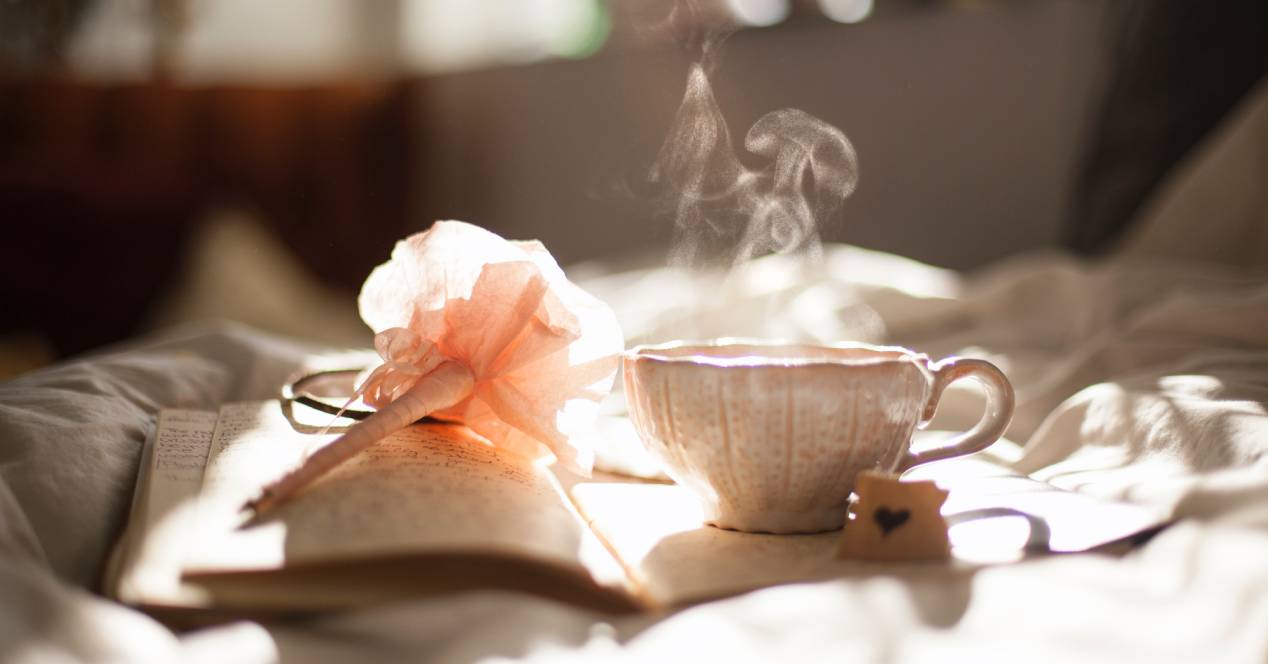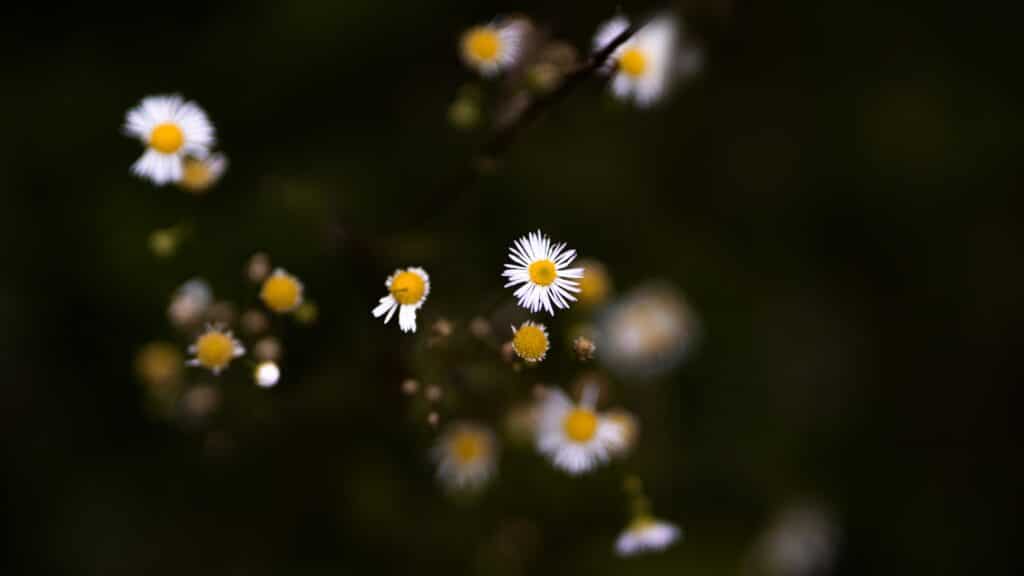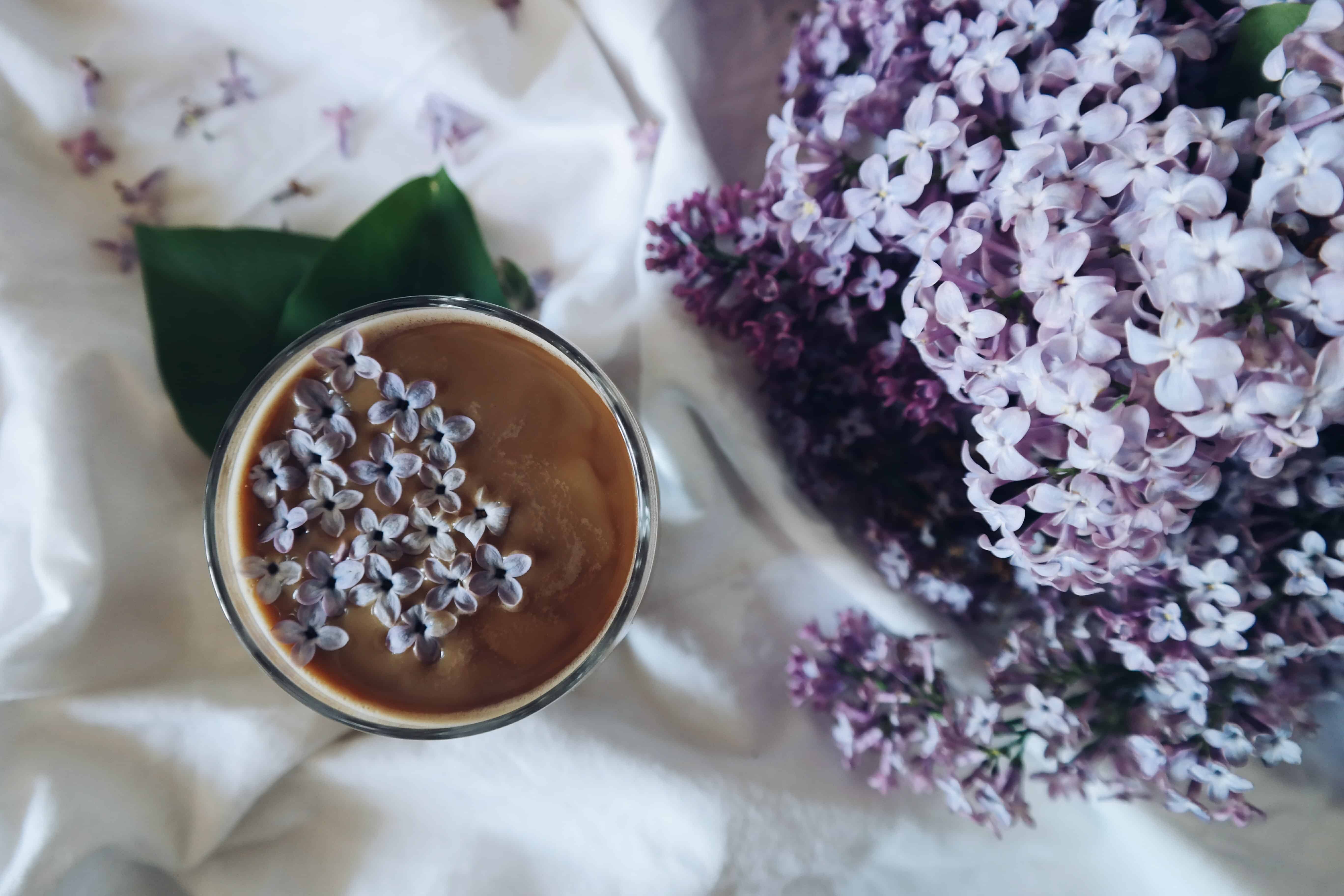
You might find few things more relaxing than relaxing with a steaming cup of herbal tea as you settle in for the night.
Although there are several herbal teas marketed for their ability to help you fall asleep and sleep better, the evidence is mixed, largely because it can be difficult to study herbal tea intake and sleep quality in a large population over a period of time. of time. It's really hard to get a good study, but researchers have tried. You will most likely see mixed evidence; in some cases you will get positive results and in others you will not.
How does tea influence night sleep?
That said, getting a good night's sleep involves a lot of factors: some things that can help you sleep better include going to bed and getting up at the same time every day, avoiding heavy meals before bed, and creating a restful environment, for example, keeping the room dark and quiet or doing relaxing activities before going to bed.
Herbal teas won't be a panacea for your sleep problems, but they can add to that relaxing routine, helping you create a proper foundation for a good night's sleep. So you can say there are two parts to this: the tea and the ritual. The ritual can also have a calming effect.
Meanwhile, certain ingredients in the tea may also help promote sleep. Try these best sleep teas if you want a sweet dream tonight.

Infusions to fall asleep
There are several types of tea to sleep or promote sleep. Including them in the usual night routine can improve our rest.
Chamomile tea
It's probably the first tea that comes to mind when you think of "bedtime." Chamomile has been used for years as a relaxing infusion before going to bed.
The plant itself contains apigenin, a compound that binds to the same receptors in the brain as drugs used to treat anxiety and insomnia, called benzodiazepines, and has been shown to produce a mild sedative effect.
Insomnia is more common in older adults, and chamomile is a medicinal plant that can help promote sleep. Nursing home residents who took 400 milligrams of chamomile extract daily had a better sleep quality than those who took a placebo, according to a small study conducted in December 2017 and published in the journal Complementary Therapies in Medicine.
The benefits aren't just for older adults: When 80 postpartum people with poor sleep quality were given chamomile tea for two weeks or receive regular postpartum care, the chamomile tea group had significantly lower scores on sleep inefficiency and depression, according to a February 2016 study published in the Journal of Nursing. The effects appeared to be limited to the immediate term, as scores were similar between groups four weeks after the test.
That said, the research is inconsistent: Not all studies have been able to confirm the link between chamomile and better sleep. However, chamomile may offer other benefits that make it worth trying.
Regardless of sleep, chamomile extract has been used for its anti-inflammatory properties and might help with anxiety. Its benefits are probably due to the Antioxidants of the chamomile
Magnolia tea
Made from the dried bark, buds, and stems of the magnolia plant, magnolia tea is often used as a natural sleep aid in many forms of traditional medicine. The plant contains honokiol and magnolol, two compounds that have sedative effects.
Although human research is lacking, some animal studies have found that both honokiol and magnolol help induce sleep and decrease insomnia. According to a study in women who recently gave birth, drinking magnolia tea for 3 weeks significantly improved depression and sleep quality, compared to a control group.
Still, more recent research is needed to better assess how magnolia tea may affect sleep in humans.
lavender tea
If you've ever used lavender essential oil in a diffuser or spritzed lavender spray on your pillow, you know how calming it can be. Lavender's claim to fame is that it is very relaxing. It has had some studies with mixed results, but it is a classic sleep tea that comes to mind.
Smelling and drinking lavender tea for two weeks daily has led to a fewer reports of fatigue in postnatal people disturbed sleep, which did not affect the quality of sleep, according to another study carried out in 2015 in Worldviews .
but the flower seems to work better when sniffed: Women ages 45 to 55 used lavender aromatherapy for 20 minutes twice a week for 12 weeks and saw improvement in sleep quality and heart rate variability compared to a control group, according to a study August 2011 study.
And the scent of lavender improved sleep quality in healthy students and in patients with ischemic heart disease, according to another 2013 review based on complementary and alternative medicine.

Valerian root
You've probably seen valerian root advertised on the boxes of various nighttime teas. It has been used for several years and is marketed for insomnia, stress relief, anxiety, and sleep.
Valerian root acts on a neurotransmitter known as gamma-aminobutyric acid (GABA), which promotes sleep. Many of the prescription sleep aids work with GABA.
Much of the research done on valerian root and sleep spans decades, or has methods that are incompatible, but an October 2020 study published in the Journal of Integral Medicine sought to update and reassess the available data. . The researchers found that although the evidence is limited, valerian may be a safe and useful herb alone and also in combination to treat sleep problems, anxiety, and other associated problems.
They note that valerian may be particularly helpful for treat insomnia in people with high levels of anxiety.
Tea alone can never solve your sleep problems. What helps the most is having your favorite cup at night along with a set bedtime and wake time, exercising during the day, and cutting out tech before bed.
passionflower tea
Passionflower, sometimes referred to as Passiflora or maypop, is a plant that has long been studied for its powerful medicinal properties. Passion flower extract is available in tinctures and capsules and is widely used as an herbal supplement.
We can also prepare passion flower tea with the fresh or dried leaves of the plant. It is sometimes used as a natural remedy to treat anxiety and sleep problems. According to a review of nine studies, herbal preparations of passion flower, including teas, syrups, and tinctures, might act as a natural sedative and help alleviate anxiety.
Disadvantages of drinking tea before bed
The biggest drawback of tea before going to bed is the caffeine. If you're really sensitive to caffeine, you'll probably want to avoid tea that contains even a little bit of caffeine before you go to sleep. If you consume too much, it can affect how quickly you fall asleep and how well you rest at night.
Some people don't like tea before bed because it makes them need to get up and use the bathroom at night. If you already visit the bathroom frequently at night, adding more fluids to your nightly routine may not be the best thing to do.
Lastly, adding tea to your bedtime routine depends on your personal preferences. Try a few different types of tea, such as low-caffeine and caffeine-free, and experiment with drinking tea at different times of the night (after dinner, right before bed, etc.).
Tips
When drinking tea to sleep, a series of recommendations must be taken into account.
How long before sleeping should I take it?
Allow enough time to sit down and enjoy the tea with enough time to go to the bathroom before bed. As a general rule, we will try to minimize fluid intake at least 2 hours before bed.
This can help prevent us from having to use the bathroom in the middle of the night, which can make it hard to get back to sleep.
Are all teas safe?
Although they are generally a safe way to combat sleep problems, some types contain natural supplements that are not regulated. If we are taking medications, we will be sure to consult a doctor before using any new supplements, as some types can interact with prescription drugs.
Similarly, we will consult a doctor if we are pregnant or breastfeeding. Not only is there limited research on the safety of some herbal supplements during pregnancy, but some compounds may adversely affect fetal growth or stimulate preterm labor.
Also, keep in mind that there have been reports of headaches, dizziness, and skin reactions after consuming certain herbs, including valerian root.
How many quantity to drink?
The amount of tea we should drink per day depends on personal preferences. While enjoying 1 cup (237 ml) before bed is enough for many people, having 2 or 3 cups (473 to 710 ml) spread throughout the day may work well for others.
Ideally, we'll start with a lower amount and slowly increase to assess tolerance and prevent potential side effects. Keep in mind that drinking several cups of tea could increase the risk of nocturia or frequent urination during the night, especially if we drink it at bedtime.